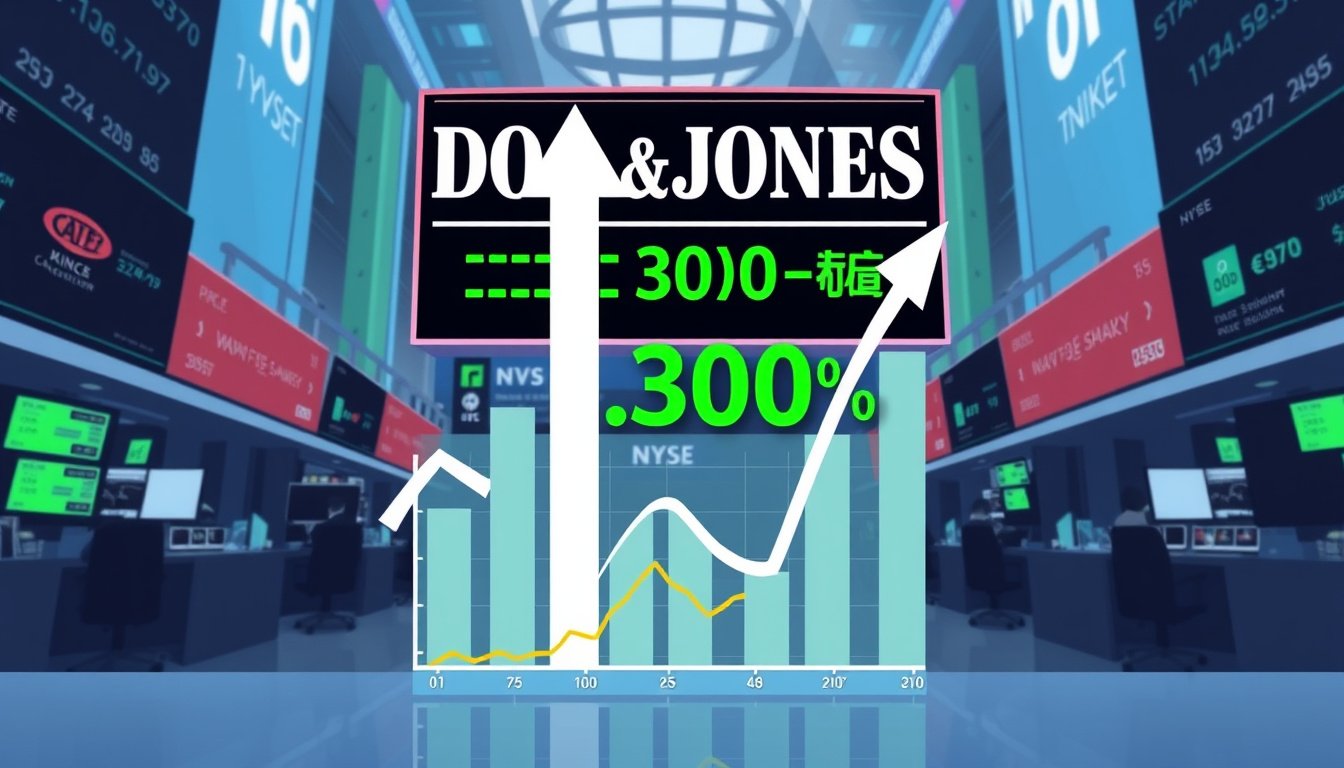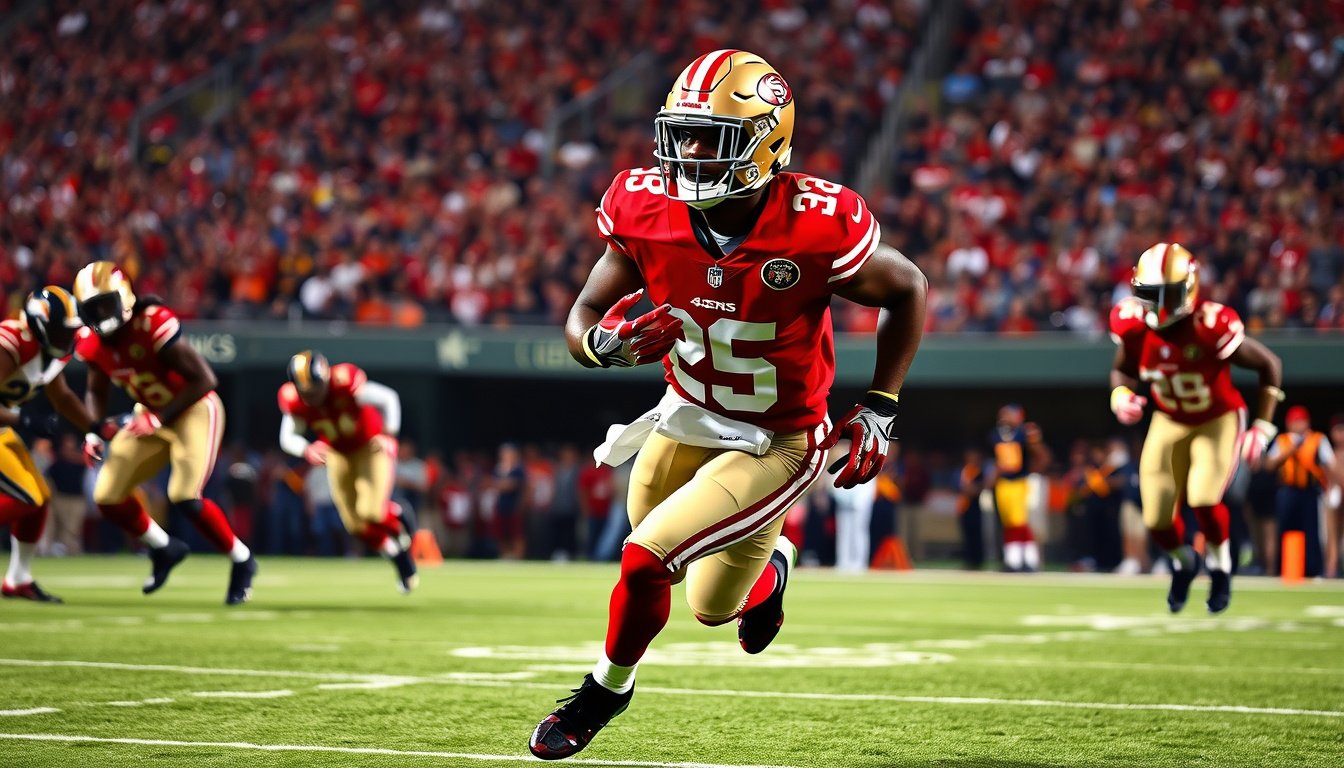The Dow Jones Industrial Average experienced a notable rally on Friday, climbing approximately 370 points or 0.7%, fueled by the release of key inflation data that aligned closely with economists’ expectations. The S&P 500 and Nasdaq Composite also advanced, gaining 0.6% and 0.4%, respectively, signaling a broadly positive sentiment across major U.S. stock indices.
At the heart of the market’s upward movement was August’s personal consumption expenditures (PCE) price index, the Federal Reserve’s chief gauge of inflation. Core PCE inflation—which excludes volatile food and energy prices—rose at a seasonally adjusted annual rate of 2.9%, exactly matching forecasts from economists surveyed by Dow Jones. The overall PCE index showed a 2.7% annual increase and a monthly gain of 0.3%, both in line with expectations.
This data has helped solidify market expectations for two quarter-point rate cuts by the Fed in upcoming meetings, consistent with the Federal Reserve’s own projections and tracked by the CME FedWatch tool. Traders appeared encouraged that inflation remains under control, with no surprising spikes that might force the Fed to maintain a tighter monetary stance.
The inflation report follows positive labor data released Thursday and a slight upward revision of second-quarter GDP growth to 3.8%, contributing to mixed but cautiously optimistic investor views. Stronger job numbers tempered hopes for aggressive interest rate cuts, as a healthier labor market often prompts the Fed to take a more conservative approach.
David Russell, global head of market strategy at TradeStation, remarked, “Following a three-day pullback in the broader market, this is good enough to pull buyers off the sidelines. Yesterday’s claims data and GDP revision shook confidence in a dovish Fed, but today’s PCE report helps ease those concerns—sometimes no news is good news.”
Consumer sentiment metrics for September also came in near expectations, with the University of Michigan’s index holding steady, particularly among households with larger equity portfolios. This stability in confidence may support continued spending and economic growth.
Despite this market rally on Friday, the broader week showed some mixed trends. The S&P 500 is down 0.3% week-to-date, the Nasdaq Composite has fallen 0.7%, while the Dow remains roughly flat. Underlying this slight weakness were declines in tech stocks, including a notable drop in Oracle shares amid doubts about the sustainability of the artificial intelligence trade. Oracle’s shares slipped more than 7% during the week, contributing to the tech sector’s muted performance.
Other notable stock movements included:
-
Costco Wholesale: Despite some disappointment around slowing same-store sales growth, Wall Street forecasts remain bullish based on membership growth, expanded store hours, and strong performance of private-label brands.
-
Electronic Arts: Shares surged over 14% following reports that the video game giant is nearing a $50 billion leveraged buyout deal, which would potentially take the company private.
-
Paccar: The heavy-truck manufacturer jumped approximately 5% after President Donald Trump announced a 25% tariff on imported heavy trucks, protecting domestic producers like Paccar’s Peterbilt and Kenworth brands.
-
Boeing: Shares rose more than 4% on news that Turkish Airlines ordered a total of 225 Boeing 787 and 737 MAX aircraft, and after the FAA granted Boeing delegated authority to issue some airworthiness certificates, bolstering regulatory confidence.
-
Intel: The chipmaker climbed 4% after reports surfaced that it’s in talks with Apple, Taiwan Semiconductor, and others for potential investments to strengthen its competitive position.
From a broader market perspective, UBS analysts highlighted a "supportive" macroeconomic environment that could sustain equity returns despite high valuations. Earnings growth and Federal Reserve policy remain key drivers, with no immediate negative catalysts expected to cause a major market derating. BMO Capital Markets raised its year-end S&P 500 target to 7,000, anticipating about a 6% upside and reaffirming the resilience of the U.S. economy and labor market.
In summary, the Dow Jones and broader U.S. equity markets closed the week with gains tempered by some sector-specific headwinds, anchored by solid inflation data and steady consumer confidence. Investors continue to balance optimism about economic resilience against lingering concerns about inflation, Fed policy, and evolving market dynamics such as the tech sector’s volatility.
Stay tuned for ongoing live updates as market conditions develop and new economic data become available.










